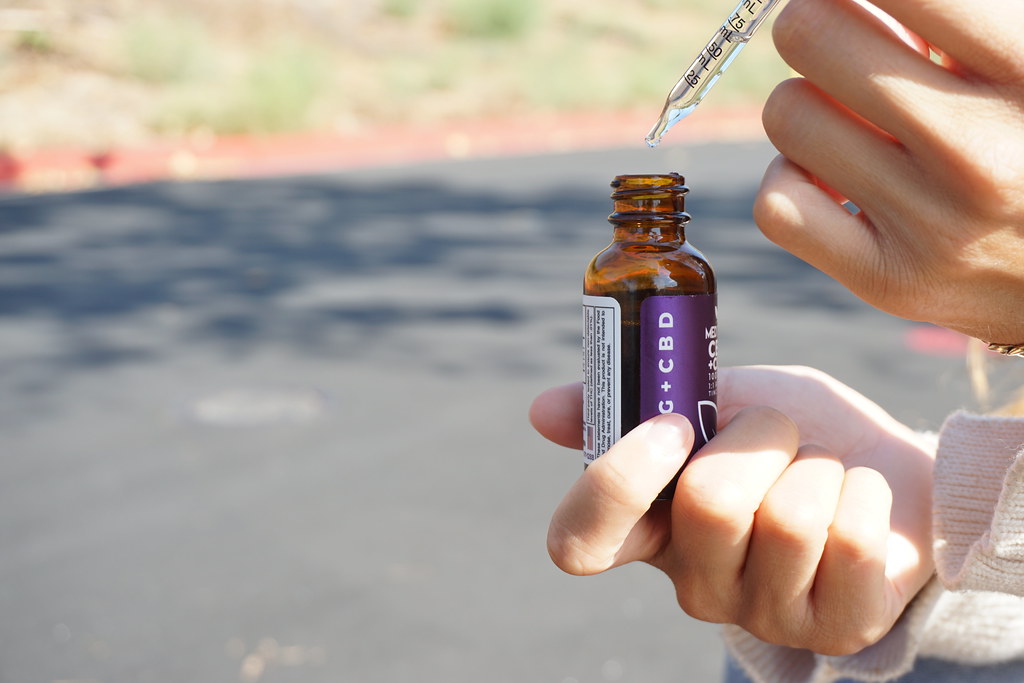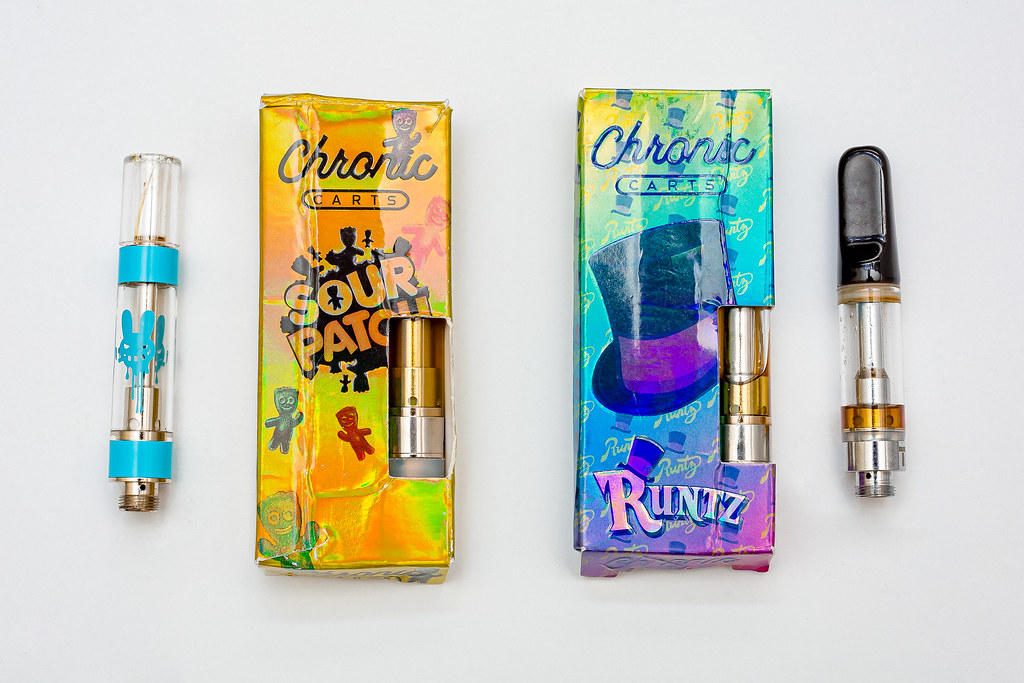
CBD vs. THC: Understanding the Differences and Choosing the Right Option
Introduction
In the world of cannabis, two compounds have gained significant attention for their potential health benefits: CBD (cannabidiol) and THC (tetrahydrocannabinol). Both CBD and THC are cannabinoids found in the cannabis plant, but they have distinct properties and effects on the body. Understanding the differences between CBD and THC is crucial when choosing the right option for your needs. In this article, we will delve into the contrasts between CBD and THC and explore their various applications. So, let’s begin our journey of discovery!
CBD vs. THC: Exploring the Contrasts
What is CBD?
CBD is a non-psychoactive compound derived from the cannabis plant. It is known for its potential therapeutic effects and has gained popularity for its ability to provide relief from various conditions, including chronic pain, anxiety, and inflammation. Unlike THC, CBD does not produce the “high” commonly associated with cannabis use.
What is THC?
THC, on the other hand, is the psychoactive component of cannabis that is responsible for the euphoric and intoxicating effects. When consumed, THC binds to the cannabinoid receptors in the brain, resulting in the altered state of consciousness typically associated with marijuana use.
The Difference in Effects
One of the primary differences between CBD and THC lies in their effects on the body. CBD is renowned for its therapeutic properties and is commonly used to alleviate pain, reduce anxiety, and promote relaxation. It is also believed to have anti-inflammatory and neuroprotective effects.
In contrast, THC is known for its psychoactive properties and is often used recreationally for its euphoric effects. It can induce feelings of relaxation, euphoria, and increased sensory perception. However, it may also cause temporary memory impairment, anxiety, or paranoia, especially in high doses or in individuals sensitive to its effects.
Legality and Accessibility
The legal status of CBD and THC varies from country to country and even within different states or regions. In many parts of the world, CBD extracted from hemp plants (which contain less than 0.3% THC) is legal, while THC is subject to stricter regulations due to its psychoactive nature.
Furthermore, CBD products, including oils, tinctures, and topicals, have become widely available in health stores, online retailers, and even pharmacies. THC, on the other hand, is primarily obtained through dispensaries or licensed vendors in areas where recreational or medicinal cannabis use is legal.
Potential Health Benefits
Both CBD and THC have demonstrated potential health benefits, although their mechanisms of action and applications differ. Here are some common uses and potential benefits associated with each compound:
CBD’s Potential Health Benefits
- Pain Management: CBD has been reported to provide relief from chronic pain, migraines, and arthritis.
- Anxiety and Stress Reduction: CBD may help alleviate symptoms of anxiety disorders, promote relaxation, and reduce stress.
- Inflammation and Autoimmune Conditions: CBD has shown promise in reducing inflammation and symptoms of autoimmune conditions, such as rheumatoid arthritis and multiple sclerosis.
- Sleep Disorders: CBD may improve sleep quality and help with insomnia by promoting relaxation and reducing anxiety.
THC’s Potential Health Benefits
- Pain Relief: THC has analgesic properties that can be beneficial for managing chronic pain, neuropathic pain, and cancer-related pain.
- Nausea and Appetite Stimulation: THC has been widely used to alleviate nausea and stimulate appetite in patients undergoing chemotherapy or experiencing appetite loss.
- Muscle Spasticity: THC has muscle relaxant properties and is commonly prescribed to patients with conditions like multiple sclerosis to reduce muscle spasms.
- Glaucoma: THC can help lower intraocular pressure, making it a potential treatment option for glaucoma.
Frequently Asked Questions (FAQs)
1. Is CBD legal everywhere?
CBD’s legal status varies depending on the jurisdiction. In many countries, CBD derived from hemp with minimal THC content is legal. However, it’s essential to check your local regulations before purchasing or using CBD products.
2. Can CBD make you feel high?
No, CBD does not have psychoactive effects and will not make you feel high. THC is the cannabinoid responsible for the intoxicating effects commonly associated with cannabis use.
3. Are there any side effects of THC?
While THC can produce euphoric effects, it may also have some side effects. These can include temporary memory impairment, anxiety, paranoia, increased heart rate, and dry mouth. The severity of these side effects can vary depending on the individual and the dosage consumed.
4. Can CBD and THC be used together?
CBD and THC can be used together in a practice known as “the entourage effect.” The interaction between these two compounds may enhance their therapeutic effects. However, it’s crucial to consider the specific ratios and dosages to achieve the desired results and minimize potential side effects.
5. Can CBD or THC show up on a drug test?
While drug tests primarily look for THC, some tests may also detect CBD. However, CBD is unlikely to result in a positive drug test since most tests have a higher threshold for THC detection. If you’re concerned about drug tests, it’s advisable to choose CBD products with non-detectable levels of THC.
6. Which is better for pain management: CBD or THC?
The choice between CBD and THC for pain management depends on personal preferences and the specific type of pain. CBD is generally well-tolerated and suitable for individuals who want to avoid psychoactive effects. However, THC may be more effective for severe or chronic pain due to its analgesic properties.
Conclusion
CBD and THC are two distinct compounds with different properties and effects. While CBD offers various potential health benefits without the psychoactive effects, THC provides both euphoric and medicinal properties. Understanding the contrasts between CBD and THC is crucial in making an informed decision about which option suits your needs. Whether you’re seeking pain relief, relaxation, or other therapeutic effects, consulting with a healthcare professional and adhering to local regulations is essential. By gaining a deeper understanding of CBD and THC, you can navigate the cannabis landscape and make choices that align with your individual preferences and wellness goals.



Leave a Reply